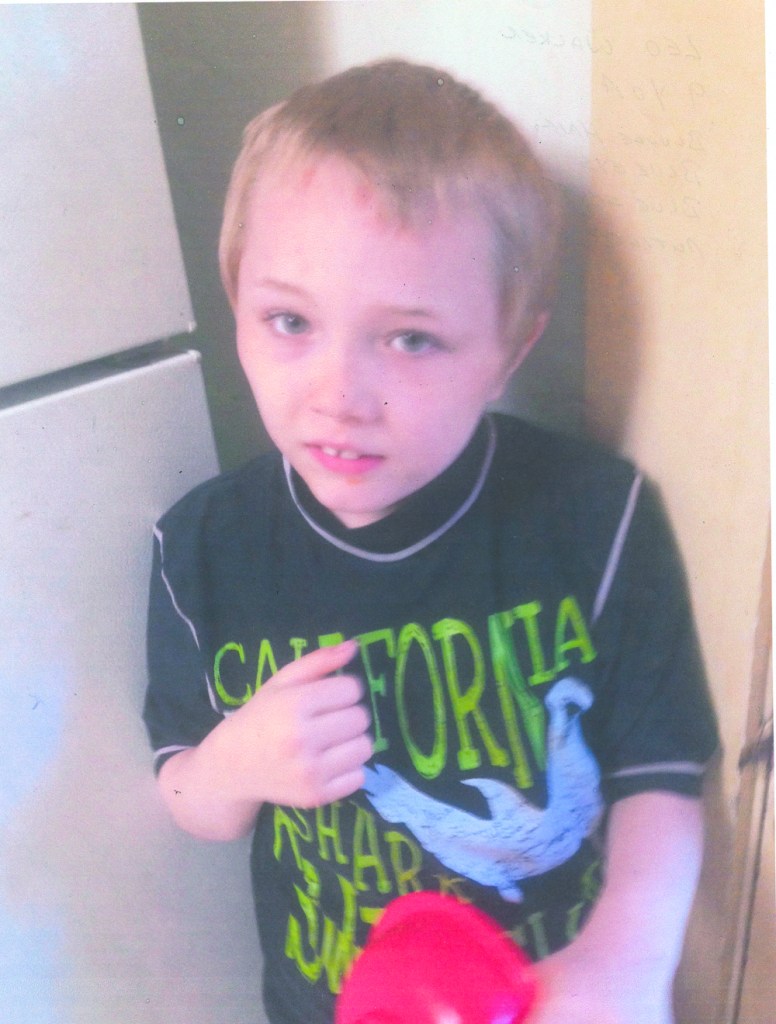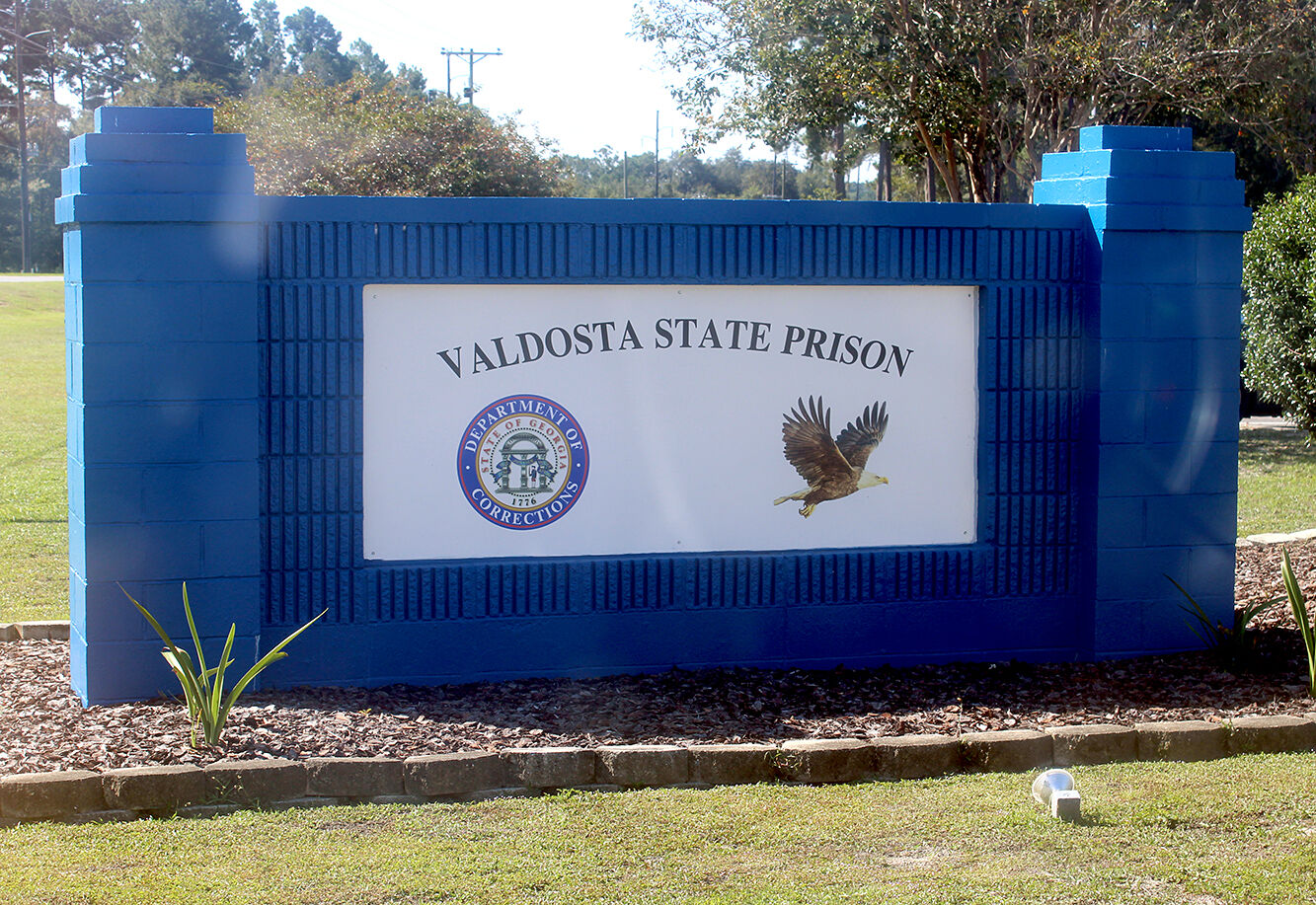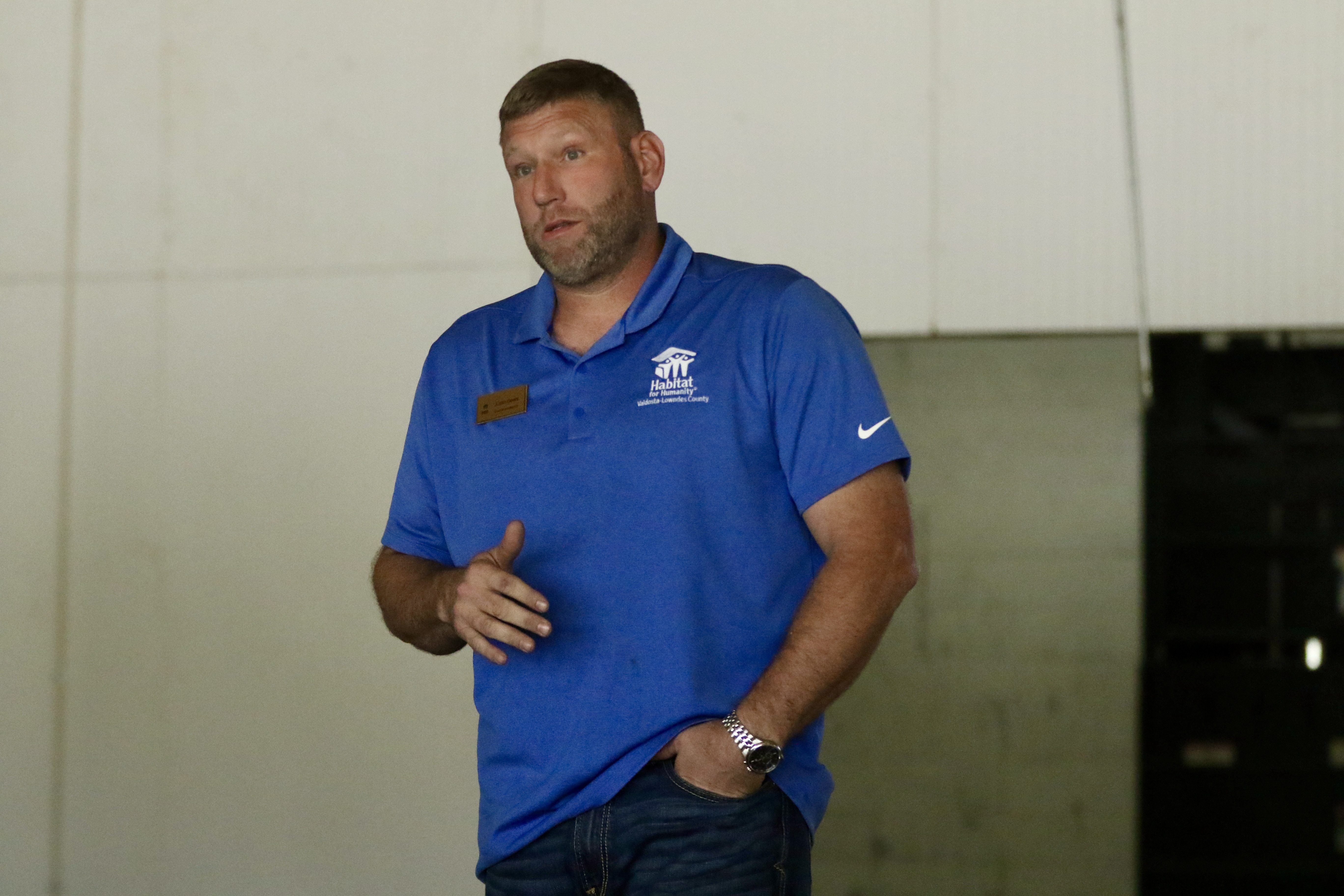Leo’s Law passes in the House
Published 1:00 pm Wednesday, April 29, 2015

- Leo Walker
HB 69-Missing Persons with Special Needs, sponsored by Representative Elizabeth Porter (R-Lake City), passed the Florida House of Representatives on a unanimous vote of 118-0 on Wednesday, April 22.
HB 69 creates the “Project Leo” pilot program in Baker, Columbia, Hamilton, and Suwannee counties to provide personal devices to aid in search-and-rescue for persons with special needs in case of elopement.
The project is named after Leo Walker, a nine-year-old autistic boy who eloped from his home in the middle of the night last summer in Live Oak. He was found deceased several days later in a local body of water. Over $2 million was spent by numerous local and state agencies in search of Leo, as well as countless volunteer hours and community efforts.
The Leo Walker case personally touched Live Oak Police Chief Buddy Williams, who has a special needs daughter and knows many friends with special needs children. Williams arranged meetings with Porter following Leo’s death to advocate for legislation to better protect people with special needs, and has supported and followed HB 69 since its inception.
“I would like to thank Chief Williams for taking time from his busy schedule to testify before two House Committees on behalf of this bill,” Porter said.
Williams said HB 69 is an important first step in the right direction for people with special needs, and hopes to see the pilot program extend statewide and eventually to a nationwide program.
“Personally knowing the benefits of what this bill could do, it’s amazing,” said Williams. “Our children are elopers, and there are fears and uncertainties when you lay down every night; you hope that your kid is still there when you get up. Any peace of mind is a wonderful thing, and this bill is just one more extra layer of protection for our children. It’s going to be priceless.”
Project Leo will be developed and administered by the Center for Autism and Related Disabilities at the University of Florida (CARD UF), and will be offered on a totally voluntary basis to those that qualify. The bill directs CARD UF to select participants on a first-come, first-served basis to receive a personal device to aid in search and rescue based on criteria it develops.
“This pilot program will allow the state, with the assistance of the CARD-UF program and local law enforcement agencies, to implement and then evaluate the success of personal search-and-rescue devices for special needs individuals that have eloped,” said Porter. “These devices can dramatically reduce the amount of time required to locate a missing special needs individual. This is of the utmost importance because elopement incidents call for finding these persons with the utmost urgency as their safety, and indeed their lives, are exponentially in peril with every moment that passes.”
The Senate companion, SB 330, passed unanimously through three committees of reference before being stalled in Senate Appropriations by Appropriations Chair Senator Tom Lee.
“I urge Senator Lee to bring SB 330 to the Senate floor for an up or down vote,” Porter said. “This is a policy bill right now but any, and I mean any, appropriation would pale in comparison to the millions of dollars that has to be spent in search of a missing child.”
According to Koby Adams, senior legislative assistant to Rep. Porter, HB 69 was sent in messages to the Senate. “Under normal circumstances, when a bill is sent from one chamber to the other and there is a companion bill (as in SB 330), then the chamber that receives the message bill will take that message bill up in the place of that chamber’s bill,” Adams said. “In other words, because the House bill was passed out first, then the Senate should take up HB 69 in the Senate when the Senate bill reaches their Special Order.”
Adams said the Senate would then take up the bill and either amend it or pass it out to be engrossed and sent to the governor for his signature, veto or pocket veto. “However the senate bill is stuck in the Senate Appropriations committee, its last stop before Special Order, by the appropriations chair,” said Adams.





